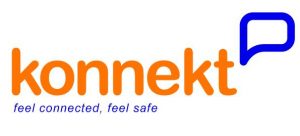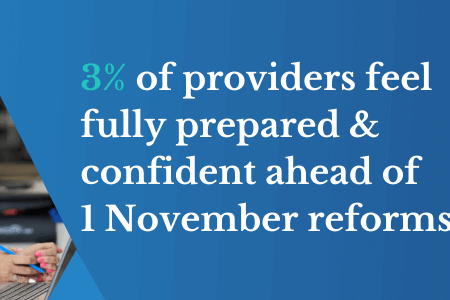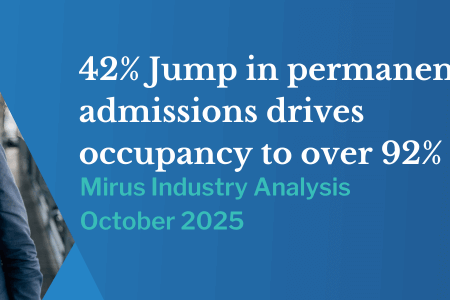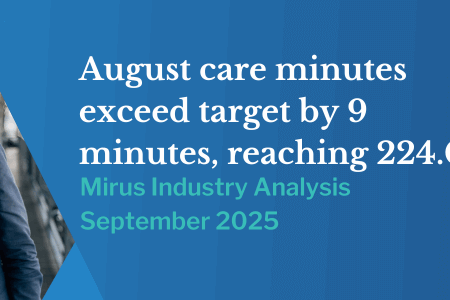Part 1: Aged Care Quality Standards: How to de-risk by going above + beyond
April 8, 2019 | Aged Care Management

Last week when I asked my son, “did you clean your room?”, his answer shocked me.
And what does this have to do with standards compliance?
Everything.
Exceed expectations
I expected dirt to be swept up, messy toys to be thrown into a box, and clothes dumped in the laundry bin. OK … so maybe you can relate my expectations to:
- Basic anti-microbial stewardship (the clean floor), mentioned in the new standard 8
- A safe, comfortable service environment (no trip hazards), the basics of standard 5
- Effective personal care to minimise infection (no dirty undies), a tangible part of standard 3
However, before I got to audit the dirt and mess, my son presented me with a calendar marked up with homework deadlines, sports, personal and family events; a floor area re-arranged into sections for school work, sports and exercise; and his laptop open on an ad for a fun-looking robotic vacuum cleaner.
Can you see where I’m going with this and how it relates to the new standards?
- The calendar demonstrates planning. OK, that’s Standard 2. Moreover, it demonstrates attention to the needs, goals and preferences of his daily life. Standard 4
- The activity-segmented floor area demonstrates concern for, and commitment to, mental health, cognitive and physical function. Standard 3
- An innovative vacuum cleaner talks to independence and choice, Standard 1, as well as the requirement to be equipped to deliver outcomes. Standard 6
Beyond cleanliness and physical safety
Just as my son exceeded my expectations, you and your organisation should as well. The benefits are multiple:
- Audits that delight. When the inevitable unannounced audit comes, you can proudly demonstrate how you’re addressing mental health, emotional health and involving families. You can point to the choices and new services. You can reference elderly care studies that the auditor won’t yet have heard of. You’ll set a new benchmark. And if a small discrepancy is found or one staff member has a bad day, the auditor is more likely to be lenient, to take into consideration the bigger picture.
- Differentiation. Your innovative services will help to set your organisation apart. You’ll attract the best families who care for their elderly family members… in the same way that high schools compete for the best students… which results in better outcomes, because a caring and involved family will increase your client’s social engagement and help improve mental health.
- Incremental revenue. Attention to needs, provision of innovative services and the proactive recommendation of new services to your clients will result in a greater take-up of services, word-of-mouth recommendations and a steady stream of high-quality clients with actively engaged families.
- Staff behaviour. The best organisations attract, train and retain the best staff. You’ll find that by going above and beyond for your clients, your staff will be happier and more motivated. They’ll become part of your innovation team. They’ll actively help reduce risk.
Coming up soon – Part 2: Getting social for improved mental + physical health.
Please meet Guest Blogger John Nakulski John is Konnekt’s Co-Founder and Marketing Director. The vision for Videophone came from John’s struggle to help his own Mum overcome dementia, stay in the family home and connect to family and friends. John has a track record for establishing products that delight and developing international partnerships for companies such as Hewlett Packard and Agilent Technologies.
When he’s not helping the elderly, John loves to pretend he’s still young by building sandcastles at the beach and going swimming with his family. John has a passion for all things related to health and wellness, experience volunteering in Aged Care, and is a champion for user-centric design.
About Konnekt
Konnekt is a wholly Australian-owned company that develops and sells the award-winning Videophone worldwide to help overcome cognitive impairments, hearing loss and other disabilities; reduce social isolation and depression risk, and rebuild independence. For more information please visit Konnekt



